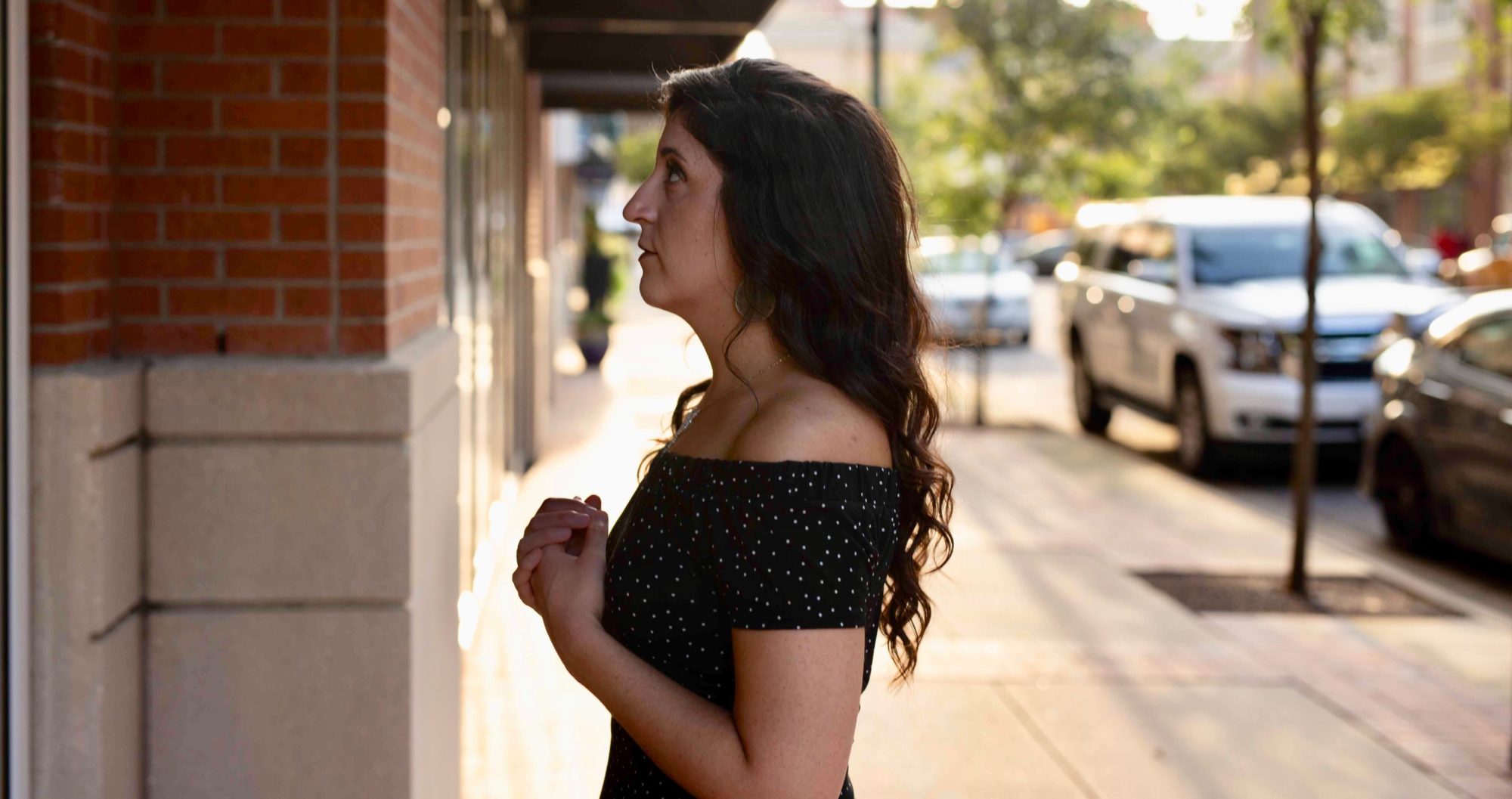Last month, a fellow blogger asked me what I — as a woman — think it means to be a man. So in a comment on his blog, I wrote the following:
I could write a whole post (and perhaps I will after I finish my book!). But here’s what comes to mind at first: A man uses words to communicate. He does what he says he’s going to do. He understands emotion to be a human thing, not a woman thing, and expresses his own. If he was raised not to express emotion, he makes an effort as an adult to unlearn what he learned (even if with the help of a licensed therapist). He has integrity, which means he doesn’t do stuff (or makes a concerted effort to avoid doing stuff) in private that doesn’t align with his public image. He practices chastity and knows love is a choice as opposed to a feeling.
Another of the blogger’s readers left a comment regarding mine:
Actually, in this, you’re buying into the mindset that tries to turn men into hairy women. No one *teaches* men to “not express emotion” — it is a natural result of being in control of yourself, which is the masculine ideal. Furthermore, no one, needs, nor even wants, “men” who wear their emotions on their sleeves, least of all women [sic]. When it comes to emotions, the world was better off when women worked to emulate what comes naturally to men, by keeping a lid on theirs. Instead, most “women” thesa days mentally junior-high school girls [sic] … as are far too many so-called men.
These are my thoughts on that:
- To my readers who are men: IGNORE HIM. You are not a hairy woman if you express emotion. You are a person who functions. A “masculine ideal” that doesn’t let you be who you are or feel what you feel is a crock of you know dang well what. Reject it.
- No one needs men who wear emotions on their sleeves? Reminder: Jesus wept.
- Words like the ones written by that reader are the reason an 11-year-old boy I once met is more likely to put his fist through a wall than to cry when he’s upset. By telling boys “crying is for wimps,” you don’t encourage strength. You set them up to be alarmed by feelings when feelings arise (and they will). You discourage the development of their abilities to manage emotion, because you can’t learn to manage what you aren’t allowed to experience.
- Emotion is human. The moment you call expression of it weak, it becomes strong: evidence of a willingness to go against the grain — a grain manufactured by people like the guy who wrote the comment. (A willingness, which, for the record, is totally attractive.)
- Women don’t want men who express emotion? First, men can’t tell women what women want. Stop it. Second, if I wind up with a guy who cries when he proposes or commits on an altar to intertwining his entire life with mine, or when our kids are born or our pets and loved ones die, or the Fresh Prince rerun we’re watching happens to be particularly heart wrenching, GOOD. I’ll cry with him.
- The writer posits that men aren’t supposed to express emotion because not expressing emotion is “a natural result of being in control of yourself, which is the masculine ideal.” It is good, regardless of gender, to be in control of yourself. And it is normal to have emotions. But it is flawed to imply it is a loss of self-control to express them.
- Perhaps the people who have lost control of self are not the ones who express emotion, but the ones who don’t. Who is in control when what you will or won’t do is based on what other people think of you?

